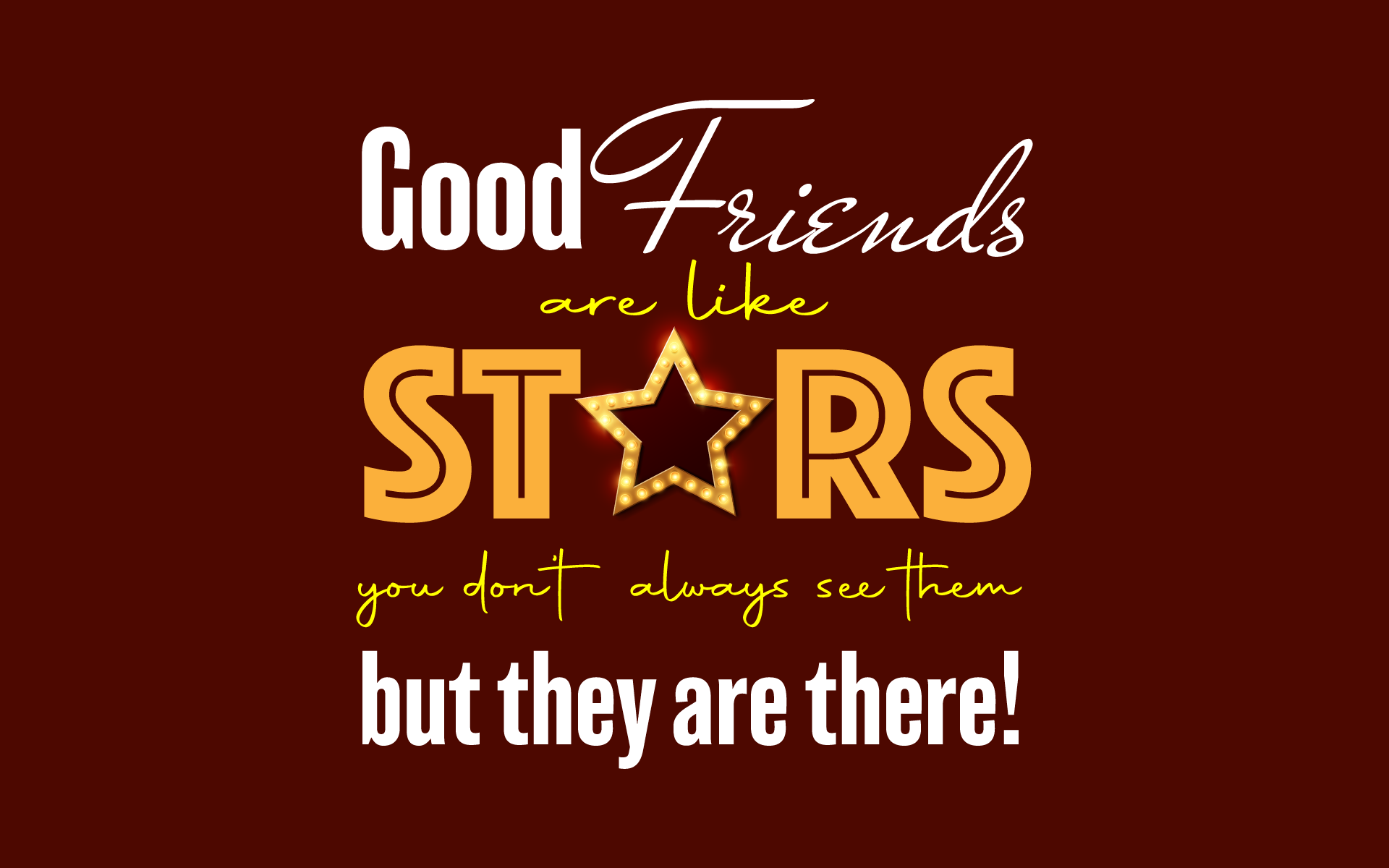Did you know that a lack of friends can be as detrimental to your health as smoking?
That’s according to a 2016 Harvard study, which found that connecting with others can enhance your quality of life and longevity.
And if you’re looking for a textbook example of the lifelong power of friendship, look no further than Jane Fonda and Lily Tomlin, two Hollywood legends who first met when Jane went backstage after a one-woman comedy show by Lily in Los Angeles in 1977.
“My love of Lily started the first time I ever saw her onstage,” recalls Jane. “I fell in love. I mean, I was blown away, I wanted to attach myself to her in whatever way I could!”
What began as a mutual admiration society — Lily was such a big fan of Jane, that she modelled her hairdo on Jane’s look in the detective thriller, Klute — matured into friendship when they went on to star together in the 1980 workplace comedy, 9 to 5, alongside Dolly Parton.
Today Jane and Lily are best known for their co-starring roles in the long-running Netflix series, Grace and Frankie, where they play two women who become unlikely friends after their husbands fall in love with each other and plan to get married.
Jane, who is 85, and Lily, who is just two years her junior, are proof that women can overcome problems, tough times, and disagreements if they treat each other with respect and kindness.
“Our friendships are full disclosure,” says Jane. “We go deep. They’re revelatory. We risk vulnerability.”
As Lily said in a joint TED talk with Jane, they became friends despite, or maybe because of, their very different backgrounds.
“We found we had so much in common. Here Jane is, like Hollywood royalty, and I’m like a tough kid from Detroit. We found that we were so in sync as women.”
As Jane puts it, women’s friendships are very different to men’s friendships.
“You guys sit side by side and watch cars, sport and women,” she told an interviewer on CBS. “Women sit facing each other, eye to eye. And they say ‘I’m in trouble, can you help me?’”
There’s a myth that people can’t make friends easily, if at all, as they get older. Jane and Lily show us that this isn’t remotely true. The trick, says Jane, is to be intentional.
Jane stays connected to her friends through books. She sends them a copy of a book she loves. Lily sends detailed messages that don’t rely on emojis to get her message across.
Both believe it’s important to make an effort to stay connected. Their activism, feminism, and passion for women’s rights echoes through their friendship, to the extent that they were arrested together on the steps of the U.S Capitol during a demonstration over climate change.
“I don’t even know what I would do without my women friends,” says Jane. “I have my friends, so therefore I am. They make me stronger, they make me braver, and they tap me on the shoulder when I might be in need of course-correcting. It’s nice to have somebody still around to play with and learn from.”
There may in fact be a primal underpinning to such friendships, as a UCLA researcher, Shelley E Taylor, hypothesises. She writes that “biological stress responses” tend to decline when social contacts between women are supportive and comforting.
Either way, one thing is for sure. From 9 to 5 and beyond, for your physical and mental health, long-lasting friendships are good for you.

Leave a Reply